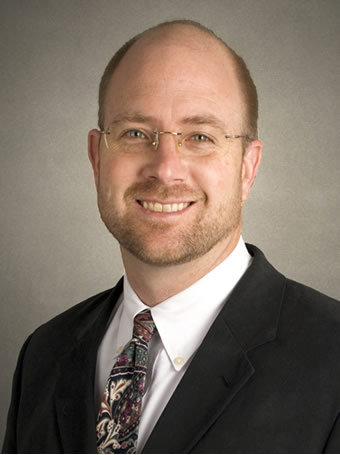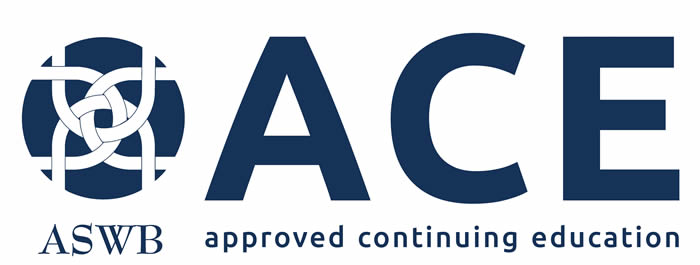
COURSE CREDITS & HOURS
14 AMA PRA Category 1 Credits™14 ACPE Credits
14.0 Contact Hours
14 CE Credits for Psychologists
14 ASWB ACE Credits
8 Hours of Pharmacology for NPs
COURSE FEES
TARGET AUDIENCE
PROGRAM PURPOSE
Problems of attention affect up to 10% of school aged children and the challenges this causes follows children in school, work and life. Attention Deficit Hyperactivity Disorder is the most common behavioral health condition is the United States. These presentations will describe the disorder in children beginning in the preschool years and will describe successful interventions to ameliorate the challenges. The presentation will describe both medical, behavioral and educational interventions for the clinician to implement themselves or sources of referral and assistance outside of the Medical Home. The identification of Autism spectrum disorder has grown considerably and early identification and intervention is the key to more optimal outcomes for these children.
Feeding and sleep behaviors are also common concerns of parents and providers and understanding their nature and complexity will allow providers to assist parents in resolving them in the most appropriate fashion. Lectures will provide understanding and tools for providers.
Topics:
- Everything you wanted to ask a developmental pediatrician, almost
- Upon completion of this session participants should be able to summarize the basic distinctions between developmental pediatricians, psychologists and child psychiatrists.
- Autism: A Case Based Presentation (Early Identification)
- Upon completion of this session participants should be able to describe the basic characteristics in young children on the autistic spectrum.
- ADHD: Treatment Protocol for Primary Care Providers
- Upon completion of this session participants should be able to manage and follow children with ADHD.
- Preschool ADHD
- Upon completion of this session participants should be able to employ a number of interventions to assist young children with ADHD
- Sleep Problems in Kids
- Upon completion of this session participants should be able to apply this knowledge to assist parents in assuring safe and restful sleep for their children.
- Kids who are Mad, Kids who are Sad, Kids who are Bad
- Upon completion of this session participants will be able to recognize common behavioral challenges in children.
- Pediatric Feeding Disorders: A New Conceptualization
- Upon completion of this session participants will be able to recognize the diverse etiologies of feeding disorders in children and manage the appropriate referrals.
- Global approach to Child Psychiatry Diagnosis and Pharmacology (when to use a medication)
- Be able to identify three primary reasons for starting a medication for mood or behavior
- Identify what is the difference between a variant behavior/mood and a child mood or behavioral diagnosis.
- Treating Anxiety Disorders in the Busy Pediatric Practice
- Objective: List 3 classes of medication commonly prescribed to treat childhood anxiety.
- Describe appropriate use of "home bound" with mood disorders .
- Disruptive Mood Dysregulation Disorder (DMDD), Medications for Aggression
- List three DSM V diagnostic criteria for DMDD and list three common treatments for DMDD
- Become aware of the TRAY guidelines for aggressive youth.
- Bipolar Disorder in Youth/Mania! Medications for Mania
- List four of seven criteria for child mania in a developmentally appropriate context.
- List three medications effective in childhood mania.
- Treating Depression in the fast Paced Pediatric Office
- List three appropriate target symptoms that SSRI's address when treating childhood depression.
- Be able to understand why you choose one SSRI over another when treating childhood depression.
- SPECIAL TOPICS for the Pediatric Prescriber: "Cutting, Encopresis, School Refusal, and OCD".
- Develop a treatment approach for self-harm, encopresis, school refusal and OCD.
- List three medications FDA approved in children for OCD.
- Adolescent Brain Development: WHAT'S NEW!
- Describe our current/new understanding of the adolescent phase of brain development.
















 Credit Designation for Social Workers: As a Jointly Accredited Organization, Continuing Education, Inc is approved to offer social work continuing education by the Association of Social Work Boards (ASWB) Approved Continuing Education (ACE) program. Organizations, not individual courses, are approved under this program. Regulatory boards are the final authority on courses accepted for continuing education credit. Social workers completing this course receive 14 Clinical continuing education credits.
Credit Designation for Social Workers: As a Jointly Accredited Organization, Continuing Education, Inc is approved to offer social work continuing education by the Association of Social Work Boards (ASWB) Approved Continuing Education (ACE) program. Organizations, not individual courses, are approved under this program. Regulatory boards are the final authority on courses accepted for continuing education credit. Social workers completing this course receive 14 Clinical continuing education credits.

















